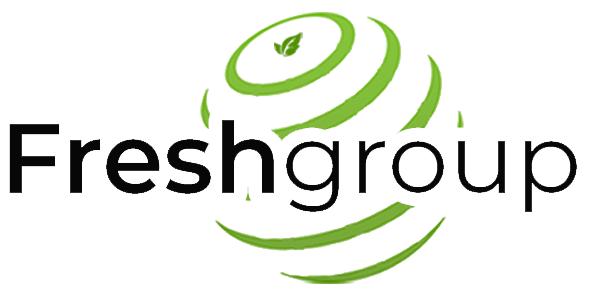A recent report published by the European Commission sheds light on discussions surrounding suspected fraud across European countries, with a focus on various product categories, notably fruit and vegetables, during January.
The report, the first of its monthly series, collates data on potential fraud shared among members of the Alert and Cooperation Network (ACN) from platforms such as the Rapid Alert System for Food and Feed (RASFF), Administrative Assistance and Cooperation network (AAC), and the Agri-Food Fraud Network (FFN). It encompasses a wide spectrum of products, including those for human consumption, animal feed, food contact materials, and veterinary medicine.
Fruit and vegetables emerged as the most discussed product category, featuring in 111 out of 277 notices. This was followed by dietetic foods, supplements, and fortified foods with 44 alerts, and cereals and bakery products with 18 notices. Notably, instances of ethylene oxide contamination, originating from products in China and India, were reported twice.
The primary objective of sharing this information is to bolster member states’ risk-based controls and assist food businesses in identifying vulnerabilities to fraudulent practices. Most issues were identified through border inspections or market controls, while some were flagged due to whistleblower information.
Examples of suspected fraud spanned various regions and products. Issues with additives, including unauthorized use and exceeding maximum levels, were prevalent. Product tampering cases included adulteration of fish fillets, mislabeling of meat products, and false health claims on supplements. Notably, unauthorized operators and traceability issues also surfaced.
Several countries, including the United States, Russia, Turkey, and China, were mentioned in the report for various non-compliances, such as pesticide residues, unauthorized operators, and mislabeling. These findings highlight the importance of international cooperation and vigilance in combating food fraud and ensuring food safety and integrity across borders.
Source: Food Safety News
Reach out to Fresh Group Food Safety And Quality Consulting for any inquiries related to food quality and safety.




